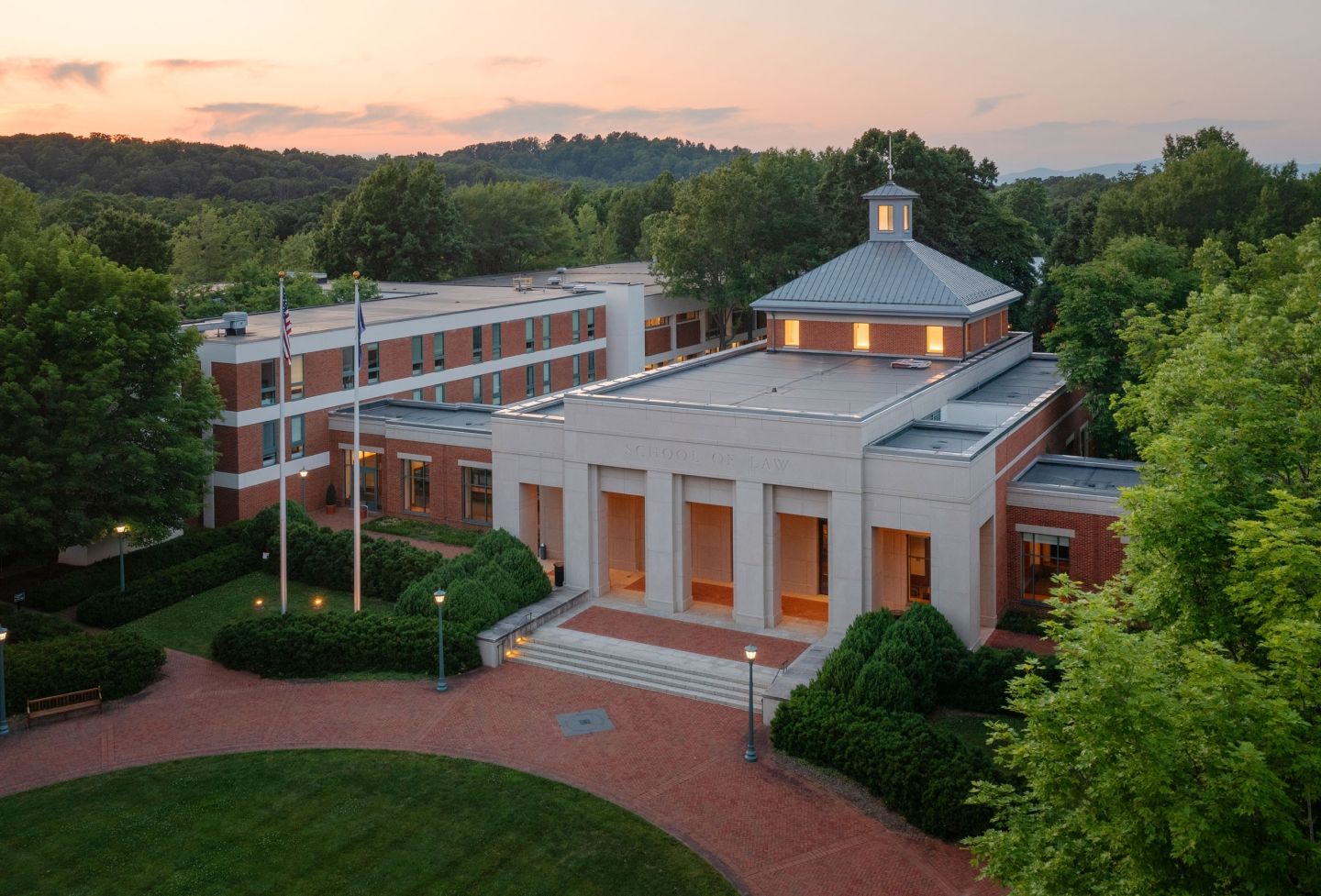The University of Virginia School of Law offered more than 20 January term courses last week on topics ranging from hedge fund regulation to the law of baseball, but students traveling abroad for Israeli Health Law and Bioethics may have enjoyed the most culturally enlightening experience.
Twenty law and business graduate students participated in Law School professor Dr. Gil Siegal's two-credit, six-day course in Israel. The class covered such topics as patient rights, end-of-life care, reproductive decision-making and malpractice and involved field trips to the Chaim Sheba Medical Center near Tel Aviv, the largest hospital in the nation, and the Supreme Court of Israel in Jerusalem.
Now that the students have returned, many say the opportunity not only educated them about alternate public health policies, but also opened their eyes to a different way of life.
"This was my first time in Israel," third-year law student Katharine Gilman said, "and I can't imagine a better way to have experienced a new country. The combination of independent travel with the structure of an enriching class gave an incredible depth of experience in the short time we had there."
Siegal, who also teaches Genetics and the Law each spring in Charlottesville, taught the "J-term" class this year for the first time. Siegal also is director of the Center for Health Law and Bioethics at Kiryat Ono College (where most of the classes for the J-term course were held) and is a senior researcher at the Gertner Institute for Epidemiology and Health Policy Research.
Unlike the United States, Israel has a national health system that insures all residents — one of many differences that allow students to make "stimulating and mind-provoking" academic comparisons, Siegal said.
"The differences in the Israeli structure were eye-opening," said third-year law student Marc Thomas, who said he signed up for the course not only out of historical and religious interest, but as a follow-up to his previous health law classes. He learned that in Israel, tradition can trump personal autonomy, which can affect issues such as patient consent.
As a result, doctors sometimes must go against patients' wishes in order to obey the law.
"The code in Israel is informed by Jewish law and ethics, including its emphasis on the sanctity and dignity of human life," Siegal said. "Where those two factors conflict — when a patient would prefer to forego life-saving treatment, for instance — Israeli physicians will be compelled by the imperative to preserve life and to act against the patient's wishes in some extreme instances where American physicians would respect the patient's choice to decline treatment, even if it leads to his own demise."
The Sheba Medical Center visit included a tour of the medical simulations center, the emergency room department and labs. On subsequent days, students heard lectures from experts in reproductive medicine, biotechnology, human subject research and genetic research.
Anoop Singh, a student at UVA's Darden School of Business, said he took the class to get more insight into how lawyers think and the process of law, but discovered something new about science as well. "Maybe I'm naive," he said, "but learning that we can artificially decide the gender of human beings at the pre-embryonic stage was pretty surprising."
Siegal said Israelis are among the world's leaders in reproductive medicine, genetics and biotechnology.
At the Supreme Court in Jerusalem, class discussion shifted to topics such as malpractice and medical accountability, and students were able to sit in on a live session.

"Although I understood the general framework of Israeli law and governance, some of the details were more exciting than I would have guessed," second-year law student Peter Hilton said. "Sitting through a court proceeding, all in Hebrew, even for only 10 or 15 minutes can really give you a flavor of Israeli courtroom drama, which is very different than ours."
Siegal encouraged students to arrive early to Israel and to soak up as much culture as possible during their stay.
In his free time, Hilton said, he attended a Shabbat dinner with an Orthodox Jewish family and students from Israeli universities.
Thomas said he found time to float in the Dead Sea and walk the Via Dolorosa, which is said to be the path Christ walked to his crucifixion.
"As a Christian, it was exciting to travel to the birthplace of my own religion, as well as so many other religions," he said.
Gilman said she was fortunate to have been introduced to so many people, places and concepts she would not have experienced otherwise.
" I feel very lucky to have been a part of this program," she said.
Founded in 1819, the University of Virginia School of Law is the second-oldest continuously operating law school in the nation. Consistently ranked among the top law schools, Virginia is a world-renowned training ground for distinguished lawyers and public servants, instilling in them a commitment to leadership, integrity and community service.


